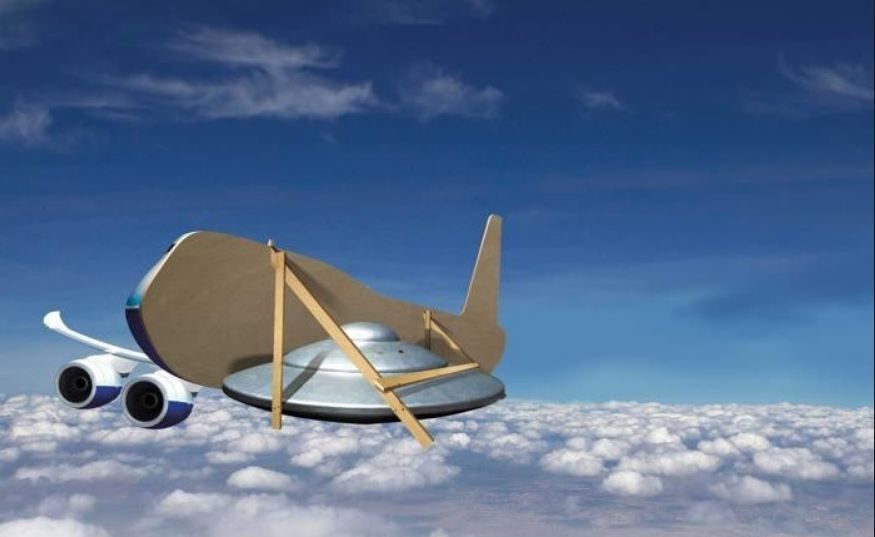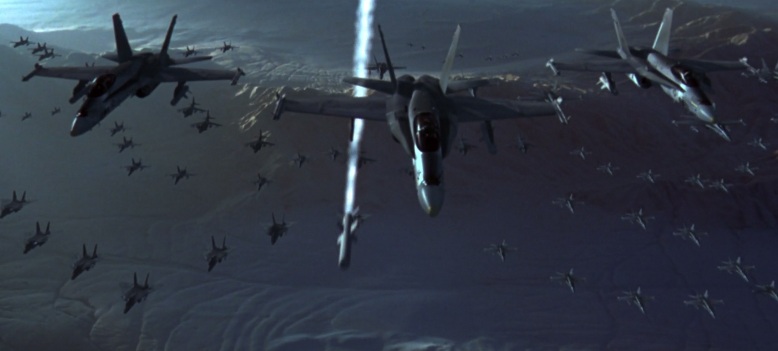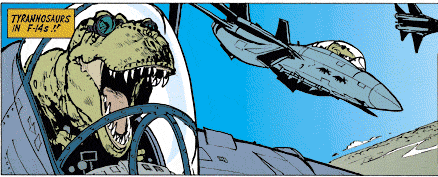2 Navy Airmen and an Object That ‘Accelerated Like Nothing I’ve Ever Seen’
The following recounts an incident in 2004 that advocates of research into U.F.O.s have said is the kind of event worthy of more investigation, and that was studied by a Pentagon program that investigated U.F.O.s. Experts caution that earthly explanations often exist for such incidents, and that not knowing the explanation does not mean that the event has interstellar origins.
Cmdr. David Fravor and Lt. Cmdr. Jim Slaight were on a routine training mission 100 miles out into the Pacific when the radio in each of their F/A-18F Super Hornets crackled: An operations officer aboard the U.S.S. Princeton, a Navy cruiser, wanted to know if they were carrying weapons.
“Two CATM-9s,” Commander Fravor replied, referring to dummy missiles that could not be fired. He had not been expecting any hostile exchanges off the coast of San Diego that November afternoon in 2004.
Commander Fravor, in a recent interview with The New York Times, recalled what happened next. Some of it is captured in a video made public by officials with a Pentagon program that investigated U.F.O.s.
“Well, we’ve got a real-world vector for you,” the radio operator said, according to Commander Fravor. For two weeks, the operator said, the Princeton had been tracking mysterious aircraft. The objects appeared suddenly at 80,000 feet, and then hurtled toward the sea, eventually stopping at 20,000 feet and hovering. Then they either dropped out of radar range or shot straight back up.
The radio operator instructed Commander Fravor and Commander Slaight, who has given a similar account, to investigate.
The two fighter planes headed toward the objects. The Princeton alerted them as they closed in, but when they arrived at “merge plot” with the object — naval aviation parlance for being so close that the Princeton could not tell which were the objects and which were the fighter jets — neither Commander Fravor nor Commander Slaight could see anything at first. There was nothing on their radars, either.
Then, Commander Fravor looked down to the sea. It was calm that day, but the waves were breaking over something that was just below the surface. Whatever it was, it was big enough to cause the sea to churn.
Hovering 50 feet above the churn was an aircraft of some kind — whitish — that was around 40 feet long and oval in shape. The craft was jumping around erratically, staying over the wave disturbance but not moving in any specific direction, Commander Fravor said. The disturbance looked like frothy waves and foam, as if the water were boiling.






Comment